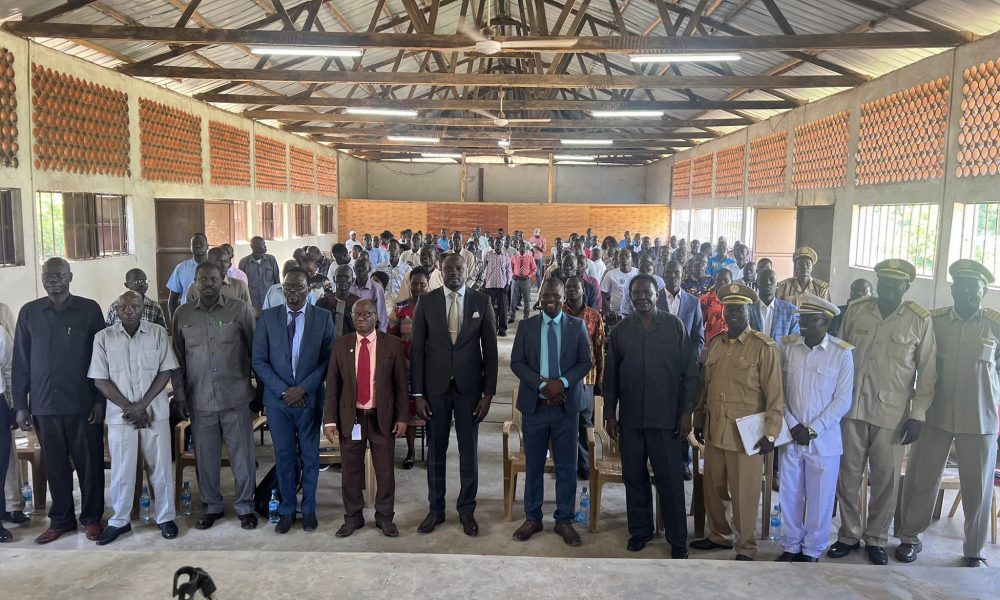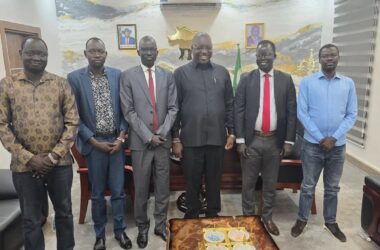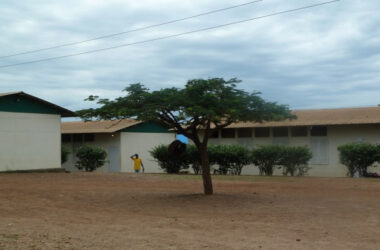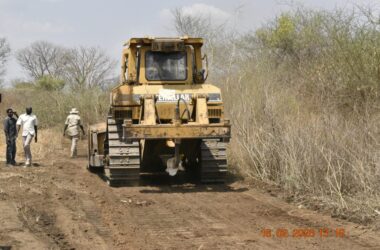By Gladys Fred Kole
Central Equatoria state has kicked training of over 100 administrative officers in Juba, the first batch under the Revitalized Transitional Government of National Unity.
The training, organized with funding from UNDP, aims at enhancing effectiveness in local governance, Ministry of Local Government and Law Enforcement Agencies.
The officers were recruited under the defunct three states of Terekeka, Yei River, and Jubek, respectively. The training is expected to last for three months and cover 11 modules.
Speaking to this outlet, the state minister of local government, Moro Isaac Jenesio, said it was important to train and empower the officers who were recruited by then under the defunct states.
After the training, the administrative officers will be deployed back to help the local administration and governance.
The training is going to be conducted for six days a week, and it is going to last for a period of three months.
“We are expecting to have a new set of dynamic local government administrative officers who will be responsive to the list of governance at the local level.” Moro said.
He further explained that the youth had battled challenges, but now he thinks this is the process of reforming the local government, and they can only reform by training the right set of adults to manage the administration at the very local level.
“We expect some of the payams and bomas that do not have administrative officers after the training and the passing out of this batch to be able to fill the gaps, and it’s not going to be long from now,” he added.
Minister Moro said due to a lack of funding for the ministry, a year ago, his office wrote a proposal to partners to help them fund such a vital project, to which UNDP responded.
“As a state, we are grateful for the support provided by UNDP. We look forward to graduating a dynamic set of local government administrators.”
The system of local governance in South Sudan (independent since 2011) comprises both formal state structures and traditional authorities.
The three-layer local government structure faces significant capacity and resource constraints manifested in weak effectiveness, which was exacerbated by increase of states from 10 to 32, in South Sudan.
Chiefs and similar traditional authorities were involved in local administration since colonial times, predominantly in tax collection and conflict resolution.
But traditional authorities have been considerably undermined by the previous civil wars and there is a lack of precise definition about the role of chiefs in the local government system.
The literature does not talk about the impact of the current civil war (since 2013 and ongoing) on local governance.
Overall, South Sudan presents a mixed and very diverse picture of local governance, one that is failing to meet people’s needs.
The training is taking place in the teacher’s training institute behind the Doctor Biar Sport Center in Juba.




